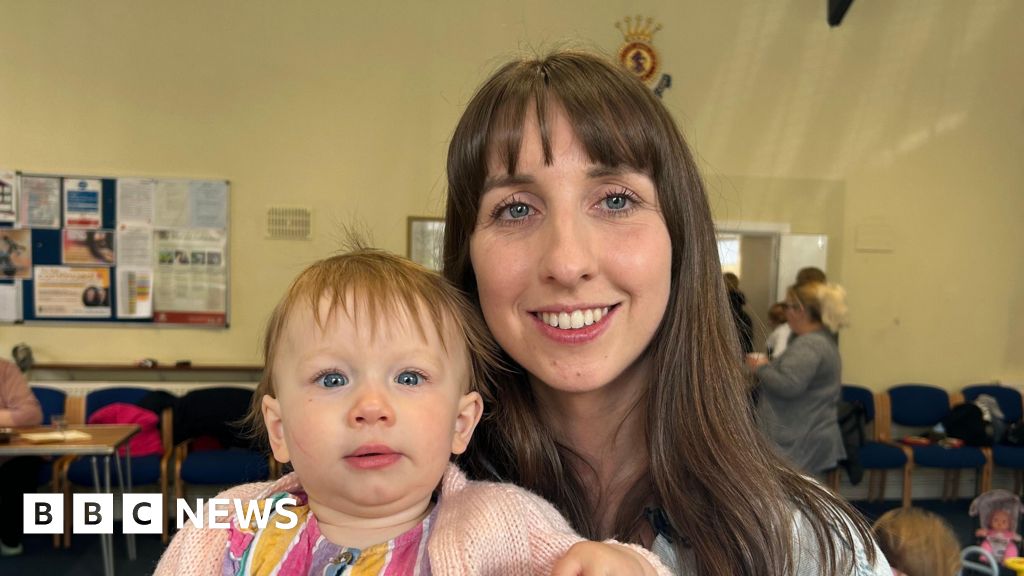UK Citizens Demand Family Visa Reform as New Barriers Threaten Reunification - Travel And Tour World
Thursday, June 26, 2025

The ongoing debate surrounding the UK’s family visa rules continues to gain traction, with British citizens urging the government to revise policies that are seen to hinder family reunification. Research published by Reunite Families UK and Coram highlights the severe challenges that British citizens face when attempting to bring their non-British spouses and children to the UK due to the Minimum Income Requirement (MIR). This policy, critics argue, disproportionately impacts women, ethnic minorities, and lower-income earners, making it increasingly difficult for many families to live together in the UK.
The Minimum Income Requirement (MIR) has been a focal point of criticism since its implementation. In 2024, the UK government raised the MIR from £18,600 to £29,000, with future increases to £38,700 being considered. The new threshold is alarming for many, as it aligns with the salary requirements for skilled workers, making it a significant financial burden for families seeking to reunite. As a result, numerous individuals are being left in limbo, unable to meet the income criteria and thus unable to bring their loved ones to the UK.
One notable example of the impact of these rules is the story of David Todd, a 33-year-old British citizen who currently resides in Germany. David, along with his American wife Claire, had hoped to settle in the UK and raise their family near relatives. However, under the current system, only the income of the British partner is considered. David’s income falls below the £29,000 threshold, and unless the couple can demonstrate savings of at least £88,500, Claire will not be eligible for a visa. David and Claire’s situation highlights the emotional and financial strain that many families face under these rules, which are seen by many as outdated and unnecessarily restrictive.
The report published by Reunite Families UK and Coram goes beyond just the financial aspect of the MIR and sheds light on the emotional toll these rules take on families. Long-term separation between spouses and children can result in significant psychological distress. The trauma of being unable to live together as a family has been linked to depression, anxiety, and other mental health issues, especially among children who are forced to grow up without one of their parents.
Caroline Coombs, Executive Director of Reunite Families UK, strongly criticized the government’s current approach, calling for immediate reform. She highlighted the need for “simple and practical changes” from the Home Office that could alleviate much of the suffering experienced by families. She further emphasized that scrapping the MIR altogether and simplifying the application process would make a world of difference. According to Coombs, the policy has become a “tax on love,” unfairly punishing families who simply wish to live together in the UK.
One of the most concerning aspects of the MIR is its disproportionate impact on vulnerable groups within society. The Reunite Families UK–Coram report found that women, ethnic minorities, and working-class individuals are far less likely to meet the income requirements. The policy, therefore, effectively excludes many from the opportunity to live with their loved ones in the UK, perpetuating inequality and limiting the opportunities for family unity.
Women, in particular, are more likely to be affected by the MIR due to lower average wages compared to men. Ethnic minorities, who are statistically more likely to be employed in lower-paying jobs, also face significant barriers to family reunification. These groups are further disadvantaged by the requirement to show substantial savings, which is an unrealistic expectation for many working-class families.
The impact of these policies extends beyond the immediate challenges of living apart from family members. For many, the emotional toll of being unable to live with a spouse or children in the UK can lead to social isolation, stress, and financial instability. This, in turn, creates a ripple effect that negatively impacts both the individuals involved and the broader society.
The latest findings have sparked a renewed call for reform of the UK’s family visa rules. Campaigners argue that the MIR should be scrapped altogether, as it serves as a significant barrier to family reunification and places an undue burden on families who are already dealing with the emotional and financial challenges of living apart.
Experts, including the Migration Advisory Committee (MAC), have also weighed in, warning that raising the MIR to £38,700 would have disastrous consequences for families. Such an increase would severely limit the ability of many British citizens to live with their loved ones, further deepening the divide between the wealthy and the working class. The MAC has cautioned that the proposal could create more harm than good, leading to an even more fragmented society.
David Todd’s situation exemplifies the struggle faced by many families. His desire to return to the UK with his wife and child is being thwarted by financial requirements that are out of reach for many people, particularly those who are self-employed or work in lower-paid industries. For David and his wife Claire, the dream of raising their child in the UK near family is now in jeopardy, all because of a policy that fails to account for the diverse realities of modern families.
The call for reform is not just about scrapping the MIR but also about simplifying the application process. Currently, the visa application process is complex and bureaucratic, requiring extensive documentation, proof of income, and evidence of savings. For many families, navigating this process can be overwhelming and time-consuming. The Home Office has been urged to take a more compassionate approach, one that recognizes the diverse circumstances of families and makes the reunification process more straightforward.
Campaigners also suggest that the rules should be adjusted to consider both partners’ incomes, rather than solely relying on the British citizen’s income. This would more accurately reflect the economic reality for many families, where both partners contribute to the household income. Furthermore, the threshold for savings should be adjusted to make it more realistic, as the current figure of £88,500 is simply unattainable for many working-class families.
The debate over the UK’s family visa rules is far from over, but the latest research has brought the issue to the forefront once again. With British citizens, charities, and experts all calling for change, it is clear that the current system is not working for many families. The financial and emotional barriers imposed by the Minimum Income Requirement are simply too high for many to overcome, leading to unnecessary separation and psychological harm.
Now, more than ever, there is a pressing need for reform. Scrapping the MIR and simplifying the visa application process would go a long way toward ensuring that families can live together in the UK without facing undue financial hardship. The government must listen to the voices of those affected and take immediate action to make family reunification more accessible for everyone, regardless of income, ethnicity, or social class.












